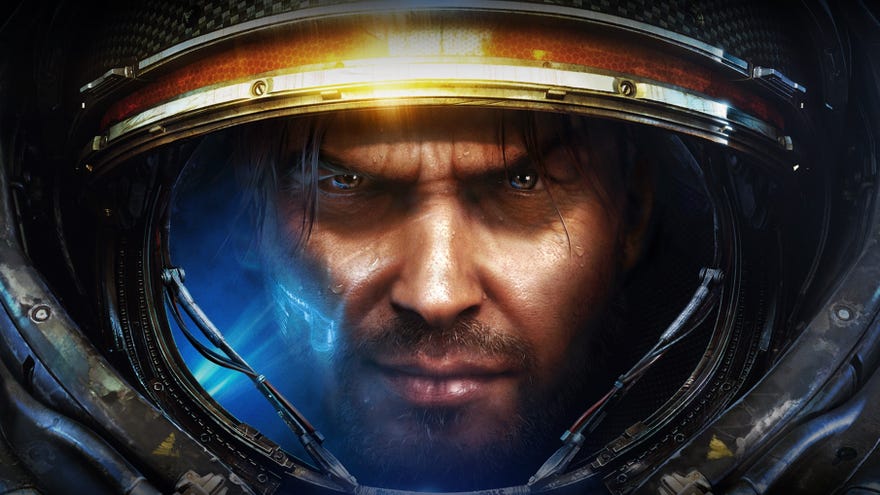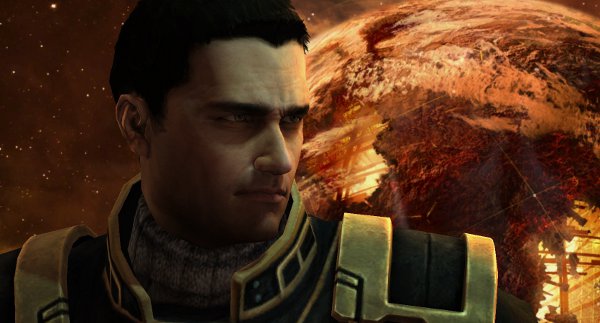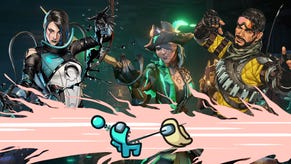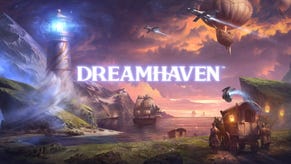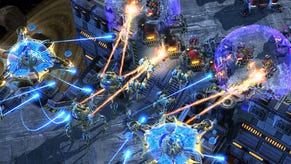The Prestige: Starcraft 2 Narrative Innovation
You won't find many people hailing Starcraft 2's narrative. The characters are lumpen, the dialogue weak and the general plot simultaneously archetypal to the point of cliché while only really working if you assume players are invested in characters like Kerrigan. Which even for a game as successful as Starcraft, is a big assumption to make. There's people playing it now who weren't even alive back then.
However there's one area where I think it's quite clever and even genuinely ground-breaking, at least as far as mainstream games go. I talk about it below. There's no direct spoilers, but there's structural spoilers which may be even worse. I'm about to basically explain how a card-trick works...
The area is how it handles its moral decisions. You're presented a binary choice. Either you do one thing or you do the other. It front loads most of the effects of the decision -as in, you get this unit or that unit – but in narrative terms it's about believing in one person's advice or another's. Who do you trust?
At least as far as I understand, there's no wrong decisions. Talking hypothetically, if the game offered you the choice of siding with someone who was a bit suspicious or not, if you decide to believe them, they'll stay true to you throughout the game. Conversely, if you decide they're suspicious, it'll swiftly turn into a fight and they'll die.
I've seen quite a few people respond with anger at this idea. I can understand why. But what interests me is that... well, it's actually doing something radically different with game narrative. It's simply rejected the idea that the game's an objective world, in favour of doing anything to create the sort of dramatic story they want the game to possess.
Heroic lead characters rarely make mistakes in fiction – at least, crushing ones. The exceptions come right at the start of a story, and the story is about recovery from that failing. Because if they make too many mistakes, they stop being heroes. Jack Bauer going in to rescue a hostage after being told it's too dangerous doesn't usually lead to the hostage getting their throat slit. It leads to Bauer stabbing them in the eye with his celphone.
Because, in fiction terms, the writer is almost always on the side of the hero. In any fair universe, Batman would be annihilated from orbit by the first supervillain with any sense. However, the odds are stacked on his side. They won't act with the full level of their powers, with the full freedom that a human would do – because if they did, the hero would be negated. Whatever Batman does, will be basically right. Batman always wins.
Or, in Starcraft 2 terms, Jim Raynor always makes the right call.
The effect of Blizzards choices about choices means that it always results in a heroic story staring Raynor. It's a story which each player customises according to their own decisions, but it's still a heroic story. Because if Blizzard gave you room to fuck up, they wouldn't end up with a hero as heroic as they need to.
Because – this is the key thing they've realised – the idea of “meaningful decisions” doesn't necessarily mean that any of those meaningful decisions need to have a negative consequence.
This reminded me of something designer and old-Cassandra Project friend of mine Tim Fletcher created as part of his Neverwinter Nights mods.
(At which point, I briefly plug Maugeter, which is well worth playing)
It was part of a design test, where he asked you to replay a short detective scenario twice, answering questions about your experiences after each play through.
It's set in a village where someone has been found murdered. There's seven villagers who are possible suspects, and you're given the job of deducing who is responsible for the slaughter. I travelled from one to another, picking up all these fragments of evidence. And then, after some thought, went to bring my evidence to the community leader.
At which point, it goes wrong – he reveals a fact which clears my suspect of the crime. Bollocks. I go for my second choice. They're brought before the judge and when they're accused they transform into a monster. There's a fight as we cut it down, and the mystery completed.
So I wrote a few notes afterwards, explaining why I did what I did and all that. And then I played again...
At which point, what the game is doing becomes obvious. It doesn't matter who you pick first. A piece of evidence will always be revealed which clears them. Whoever you pick second is revealed as the monster. The mystery is 100% smoke and mirrors. It's a piece of coding designed to create a dramatic conclusion to a courtroom drama. It's not interested in simulating a realistic world, but conveying an emotional journey to you.
And obviously, most players would be a little outraged if they found it out when they replayed the game.
There's an important “if” in there. People who didn't actually replay the game would never know. And – this is where I start smiling – it's possible that you could program a similar scenario which a player would never discover. If you changed all the suspects' names. If you changed the evidence which turned up – and when it came up. If you did that... well, rather than a completely fake situation it'd appear that you randomly generated a mystery which has a different solution every time. You'd probably be hailed as a genius, creating a game with massive replayability.
Games are trickery, by their nature. They're machines creating an illusion we experience and interact with. Normally games use their trickery to support the sense of simulation. Even games like Deus Ex are about a simulation, and the story you create on your choices is based on the world inside it being real. You are someone in a real world.
I think things like Starcraft 2 and Tim's little example above point out that's not the only way to do it. I think it shows that games can use their trickery to increase the sense of pure narrative drama, and relegate the idea that this is an objective rules to the back-burner. I think people can – and will – do more and more of this in single-player games, making the rules create whatever story they choose. It's worth noting that a particularly nihilistic developer could use the same Blizzard-esque methods to make all your decisions be bad ones, presenting a world where all humans are basically doomed to failure.
And perhaps – now this is the scary idea – perhaps they are already. Because they're not going to tell you about it. These sort of tricks on the gamer are sort of the Black Ops squads of the designers tool box, doing things which keep the population happy which they'd be revolted with if they ever found out about.
